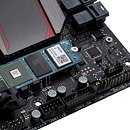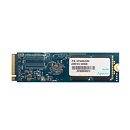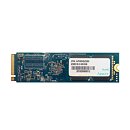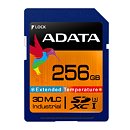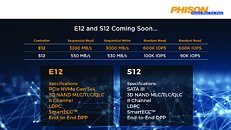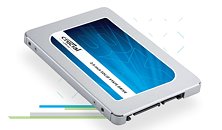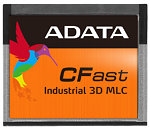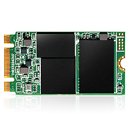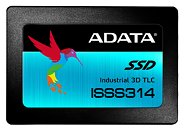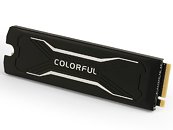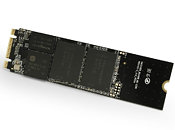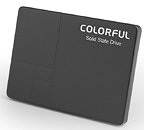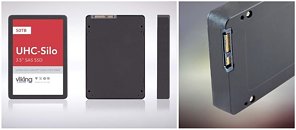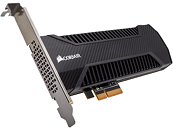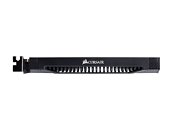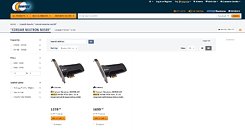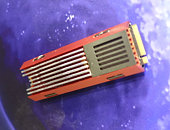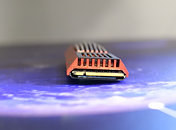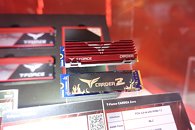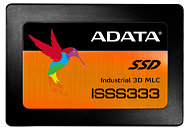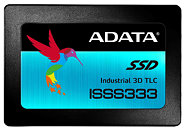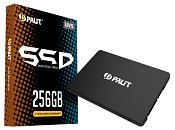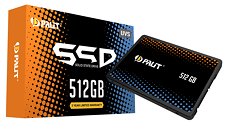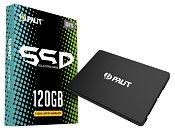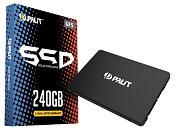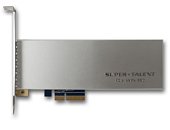
Apacer's Latest Z280 M.2 PCIe Gen 3 x4 SSD Hits Stores
Apacer knows it best when it comes to speed and uncompromised gaming performance. Z280, the latest answer to advanced SSDs, supports PCIe Gen 3 x4 and is compliant with NVMe 1.2 in a M.2 form factor. The blazing speed will boost the game status without getting too costly. With sustained read/write performance at 2750MB/s and 1500MB/s, the compact M.2-2280 keeps everything efficient at a massive capacity of 480GB. Want to be one step ahead of others? Look no further than Z280, the high-performing SSD that is compatible with mini PCs and laptops.
Rapidity & Jumbo Storage
Built with upscale SSD technologies that Apacer is synonymous for and excellent quality MLC, the cutting-edge Z280 is compliant with NVMe 1.2 standard and features the latest PCIe Gen 3 x4 interface to provide up to 4 times of bandwidth. The expert team at Apacer raised the bar of the industry by creating a blistering transmission at 2750/MB & 1500MB per second. Offering a massive memory capacity of 480GB, Z280 has a random write of 175,000 IOPs to ensure all actions in each gaming scene is smoothly processed, fluid and sharp, efficiently boosting a gamer's status.
Rapidity & Jumbo Storage
Built with upscale SSD technologies that Apacer is synonymous for and excellent quality MLC, the cutting-edge Z280 is compliant with NVMe 1.2 standard and features the latest PCIe Gen 3 x4 interface to provide up to 4 times of bandwidth. The expert team at Apacer raised the bar of the industry by creating a blistering transmission at 2750/MB & 1500MB per second. Offering a massive memory capacity of 480GB, Z280 has a random write of 175,000 IOPs to ensure all actions in each gaming scene is smoothly processed, fluid and sharp, efficiently boosting a gamer's status.
